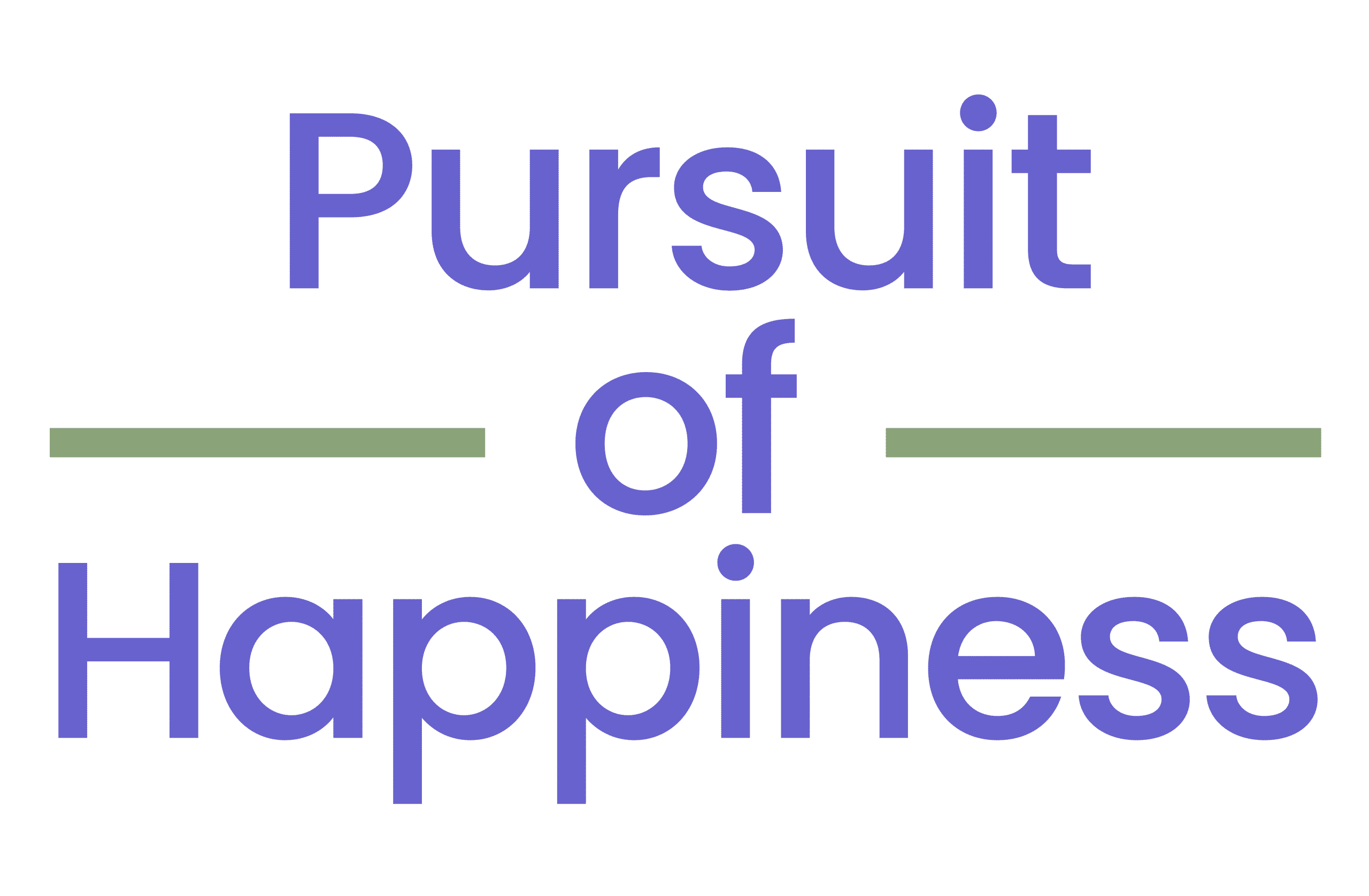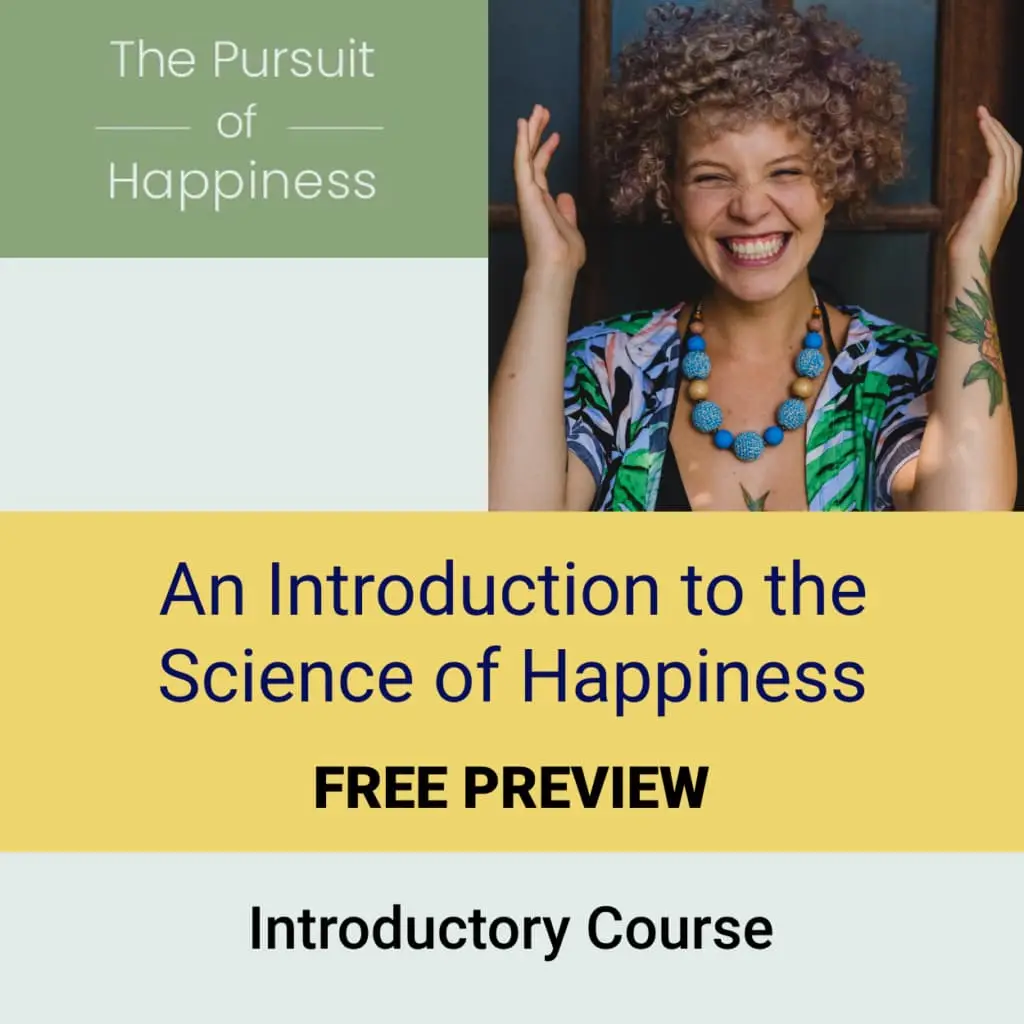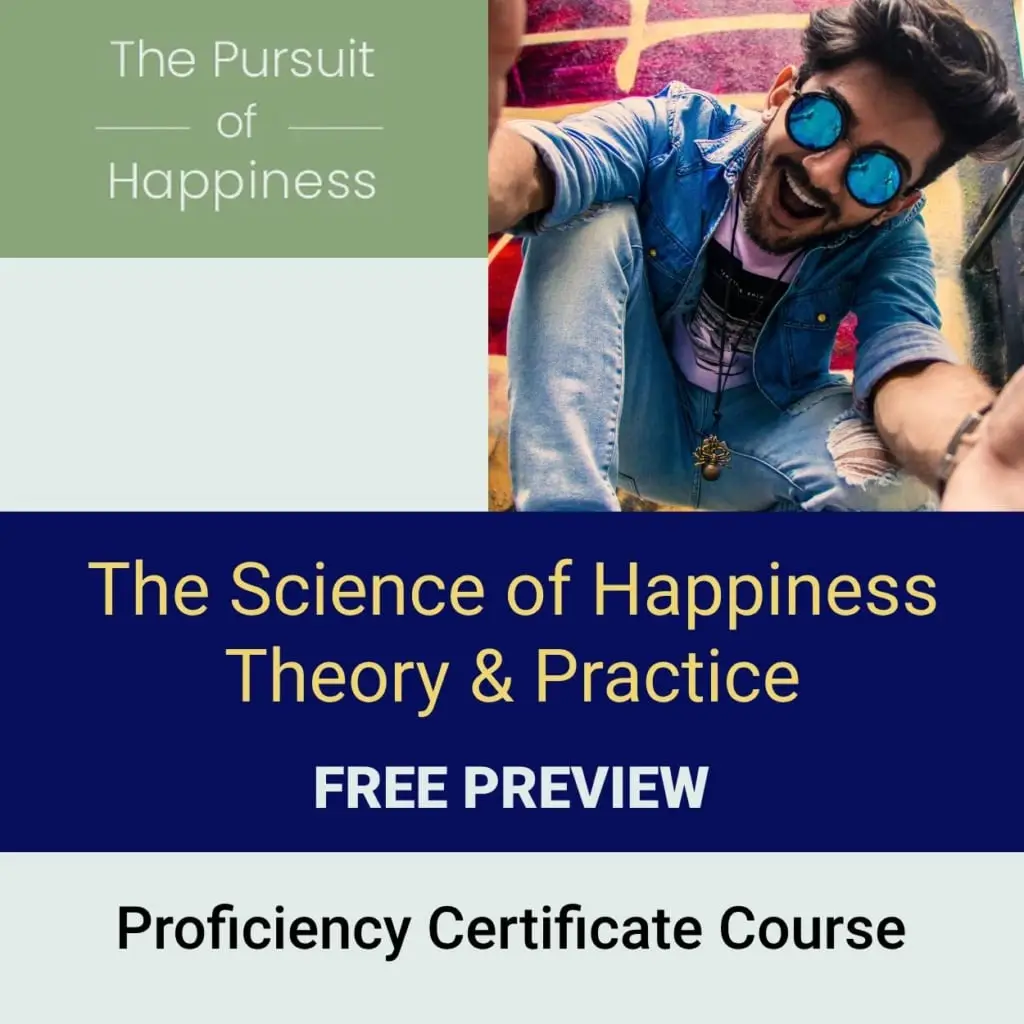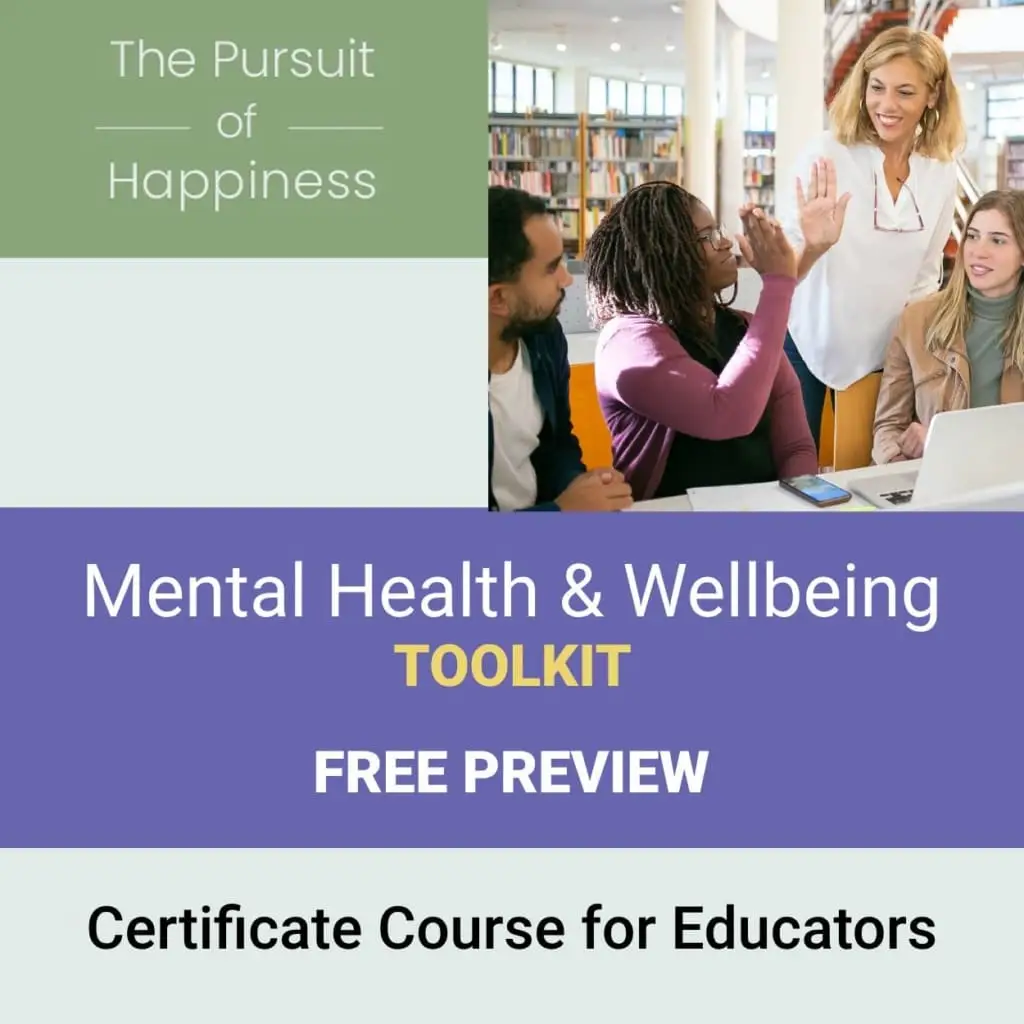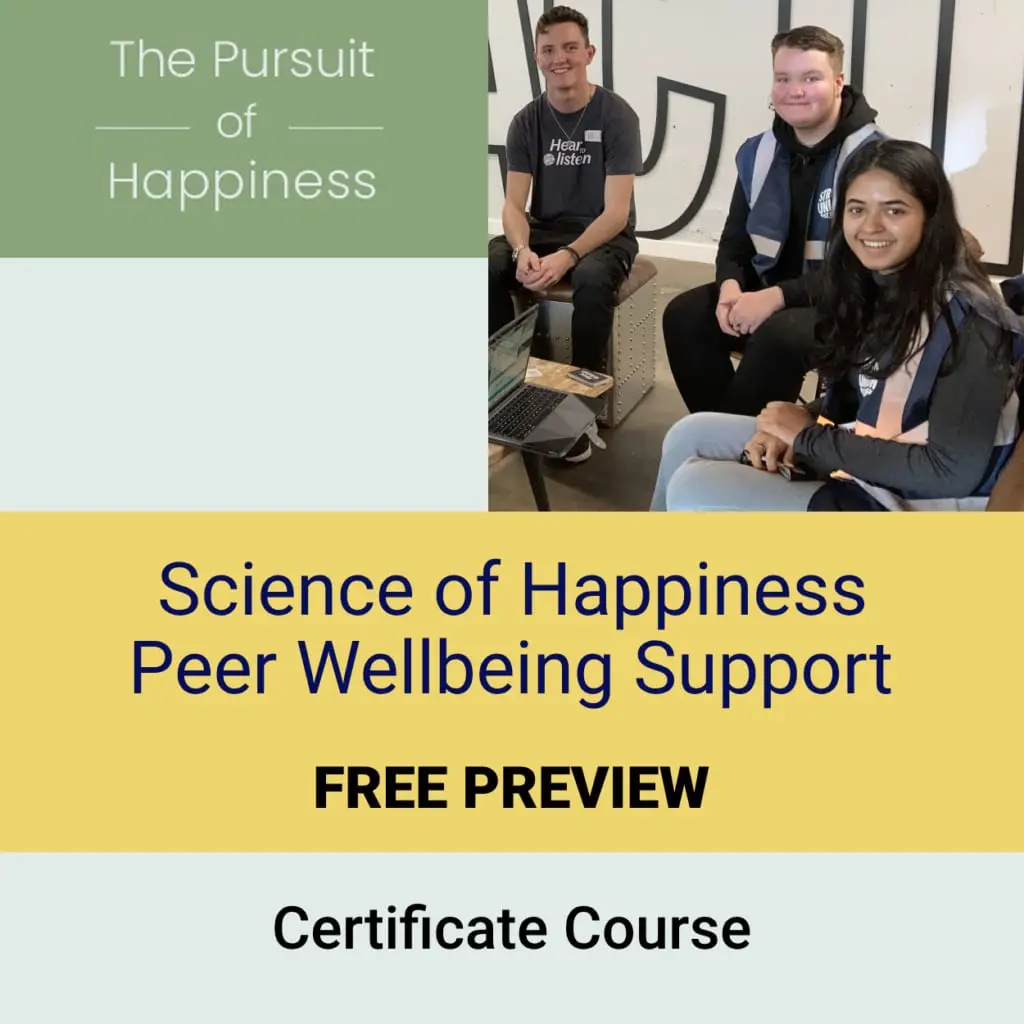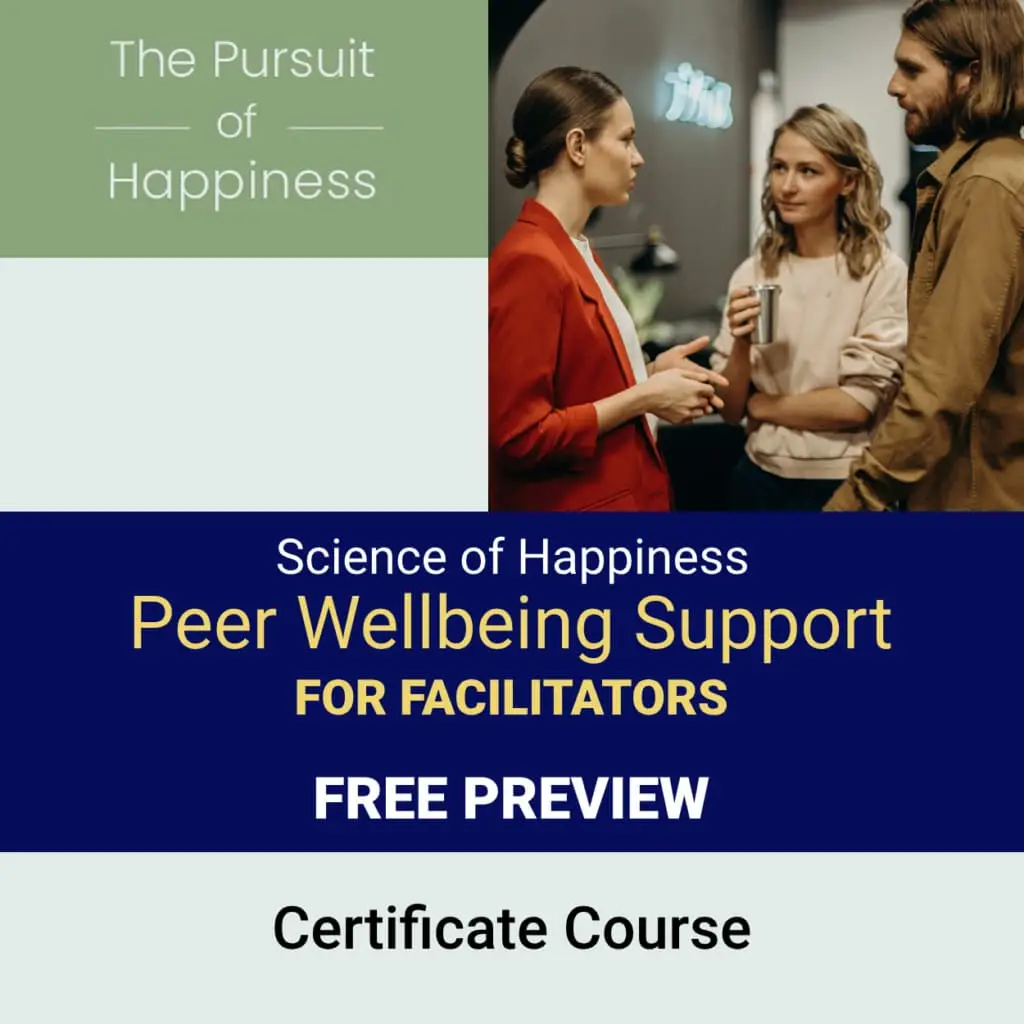Beyond Homo Sapiens: Rethinking who we are in a post AI world
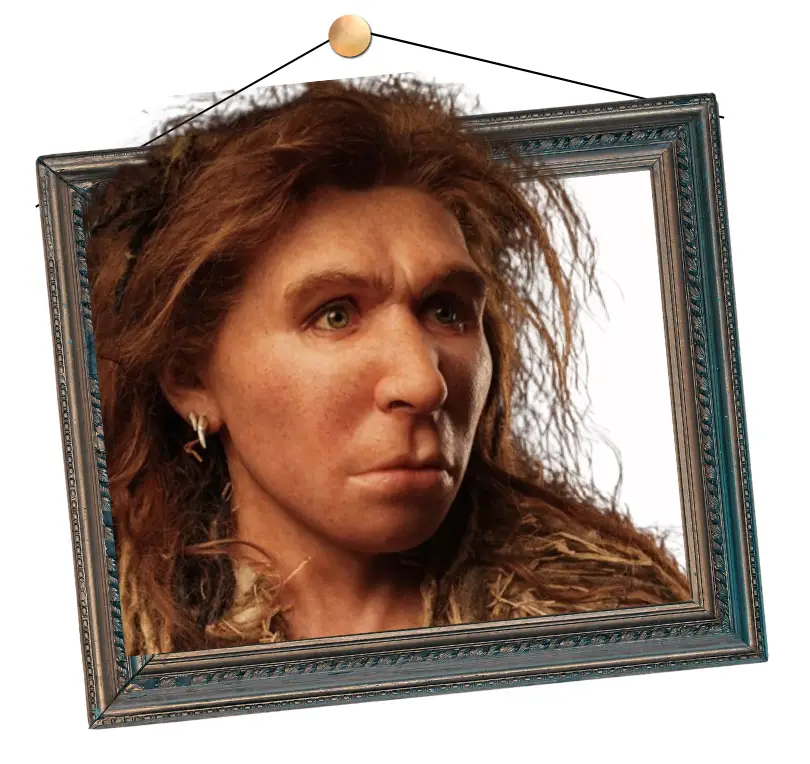
So what makes us special? Are we Homo Sapiens? Is intelligence, or wisdom, the ability to apply knowledge, the most central thing about us? Or something else?
This question, about our identity, consciously or unconsciously, has an enormous impact on what we do. Not only on how we relate to AI, but on how we relate to the world, educate our children, etc.
ZHUANGZI’S PARADOX
Many years ago, I attended Hogwarts. Or should I say, it was like Hogwarts, without the magic. I used to sit in the back row of my Latin class, pretending to listen. I read books borrowed from a bookcase in the back of the classroom.
Little did I know, but one of those books was the first translation of a Chinese classic, the Zhuangzi.
I was mesmerized by the following passage:
“Traps are to catch rabbits. Catch the rabbit and forget the trap.
Nets are to catch fish. Catch the fish and forget the net.
Words are to catch meaning. Catch the meaning and forget the words.
Where can I find someone who has forgotten words and have a word?”
Zhuangzi (莊子.外物)
I couldnt figure out what Zhuangzi was saying, but I immediately felt that he was wise, and happy, in a profound sense. He lived on a different planet, or in a different dimension, far away from the gloomy and repressive world of an English public school. His paradox turned my world upside down. Or was it finally the right way up?
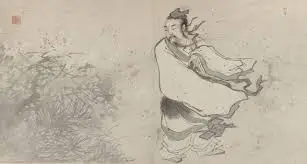
This is my take: In Zhuangzi’s view, we have become trapped in the world of words. We originally created language, systems of symbols, purely as a means to communicate with our fellow humans. But these symbols have now become a sort of veil through which we see our OWN world. Over the centuries, we have grown to rely so much on language, that we have lost the ability to directly relate to the world. We forgot to throw away the net and enjoy eating the fish.
To use a different analogy, we are like a spider that has become trapped in its own web. We created the web to catch flies, but we got stuck in it too. And now we are trapped in one more language web, or should I say, a web of symbols, of binary code, that we originally created to communicate more efficiently. The world wide web. No wonder they called it a web.
We see the world through Our smartphones and computers, as well as the languages we speak. Big Tech has it figured out. The longer we spend on the web, the more money they make.
Are we primarily Homo Sapiens, the “knowing human” ? The symbol manipulator? Or are we something else?
We have forgotten how to appreciate, and communicate with nature, including humans, directly. Let me use a Zhuangzi type paradox: can you think about how we used to think? Can you imagine how we used to think before we invented language?
How do we free ourselves from the web that we created? Zhuangzi is not expecting people who catch rabbits and fish to literally throw away traps and nets. I am not suggesting that we get rid of smartphones and AI. Both are extremely useful.
The first step is perhaps to figure out who we are, and our relationship to our symbols.
Many great thinkers, especially from the non-western world, have a lot to say about human nature. We have forgotten their words! One more paradox.
